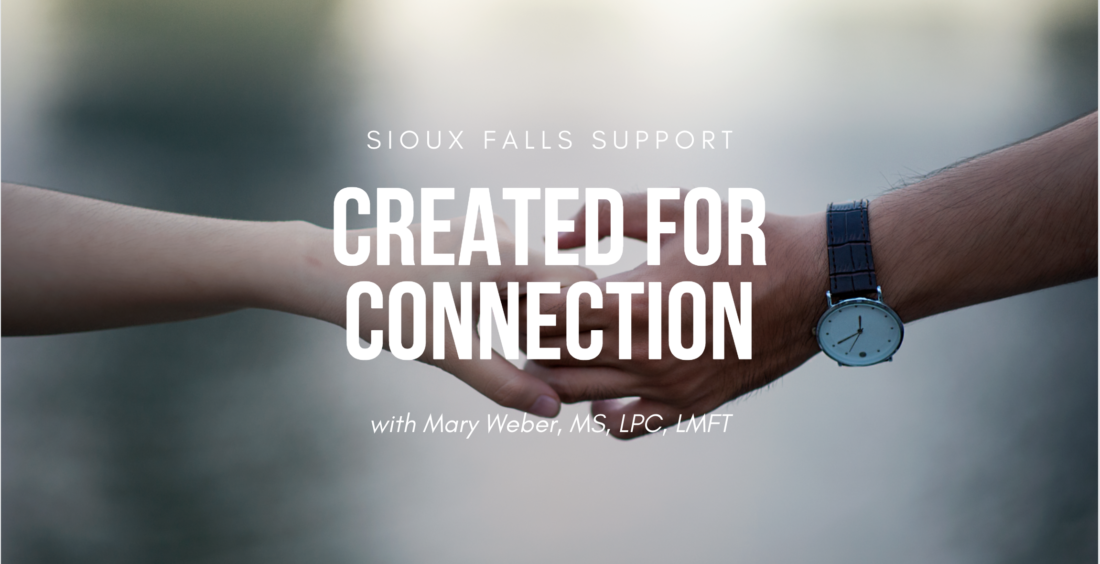We all need connection. It really is that simple. There’s no way around it, no way to fight it, no way to let go ignored. We were created by a loving and gracious Father not to do life alone. Yet, as easy as it is to admit this might be true, it is not near as easy to actually walk in that deep connection. Especially with and for our kids from hard places.
Our past Sioux Falls Support guest speaker, Mary Weber, guided us in considering the state of our own emotional health and offered up a few practical ways for us to journey forward with this single goal in mind: loving the children in our lives as well as possible. We would love to share some of these insights with you.
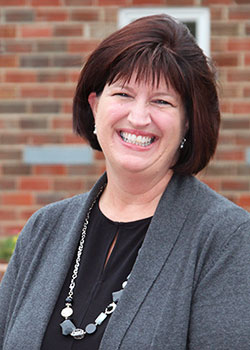
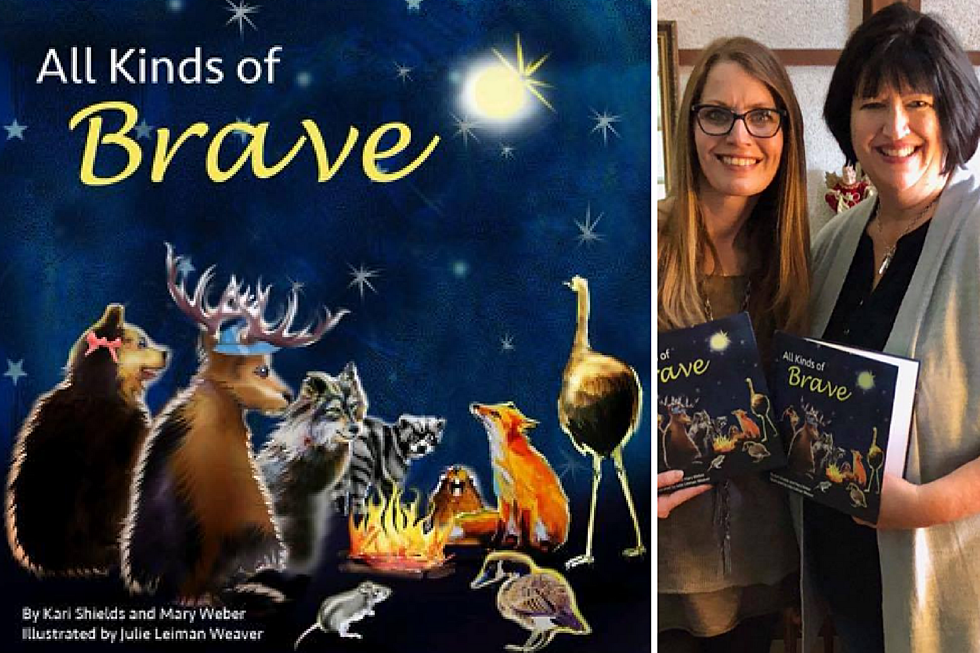
MEET OUR SPEAKER
Speaker Name: Mary Weber
Credentials: Mary is a master’s level therapist with more than 25 years of experience working with victims of trauma, abuse and neglect. Her bachelor’s degree is in Child Development and Family Relations and her master’s degree is in Counseling and Human Resource Development.
Crowning Achievement: Mary’s therapeutic work specializes in trauma, grief & loss, and attachment. She is a therapist at Lighting a New Way in Sioux Falls and the author of a published children’s book!
Mary Believes each person is worth celebrating. She is inspired to walk with people as they discover the greatness within themselves.

FIVE BIG IDEAS
- Parenting is simultaneously beautiful and hard
- We will continually need to push ourselves further – choosing courage over comfort
- We cannot lead our child to a place of healing if we don’t know healing ourselves
- We must consider what emotional baggage we are carrying
- Being vulnerable is our most accurate measure of courage (Brené Brown)

SELF REFLECTION
Opening up our lives to care for children from hard places will ultimately lead us to consider our own areas of weakness and vulnerability as caretakers. Taking the time to assess our own emotional state will be incredibly helpful as we care for the children in our lives.
Prayerfully consider where your heart is and where your home is functioning within the following areas:
- Letting go of what people think
- Letting go of perfectionism
- Letting go of numbing and powerlessness
Using other things to fill the void: shopping, Facebook, alcohol - Letting go of the belief that your situation can’t be helped
- Letting go of need for certainty
- Letting go of comparison
- Letting go of exhaustion as a status symbol and productivity as self-worth
- Letting go of anxiety as a lifestyle
- Letting go of self-doubt and “supposed-to”
- Letting go of being cool and always in control
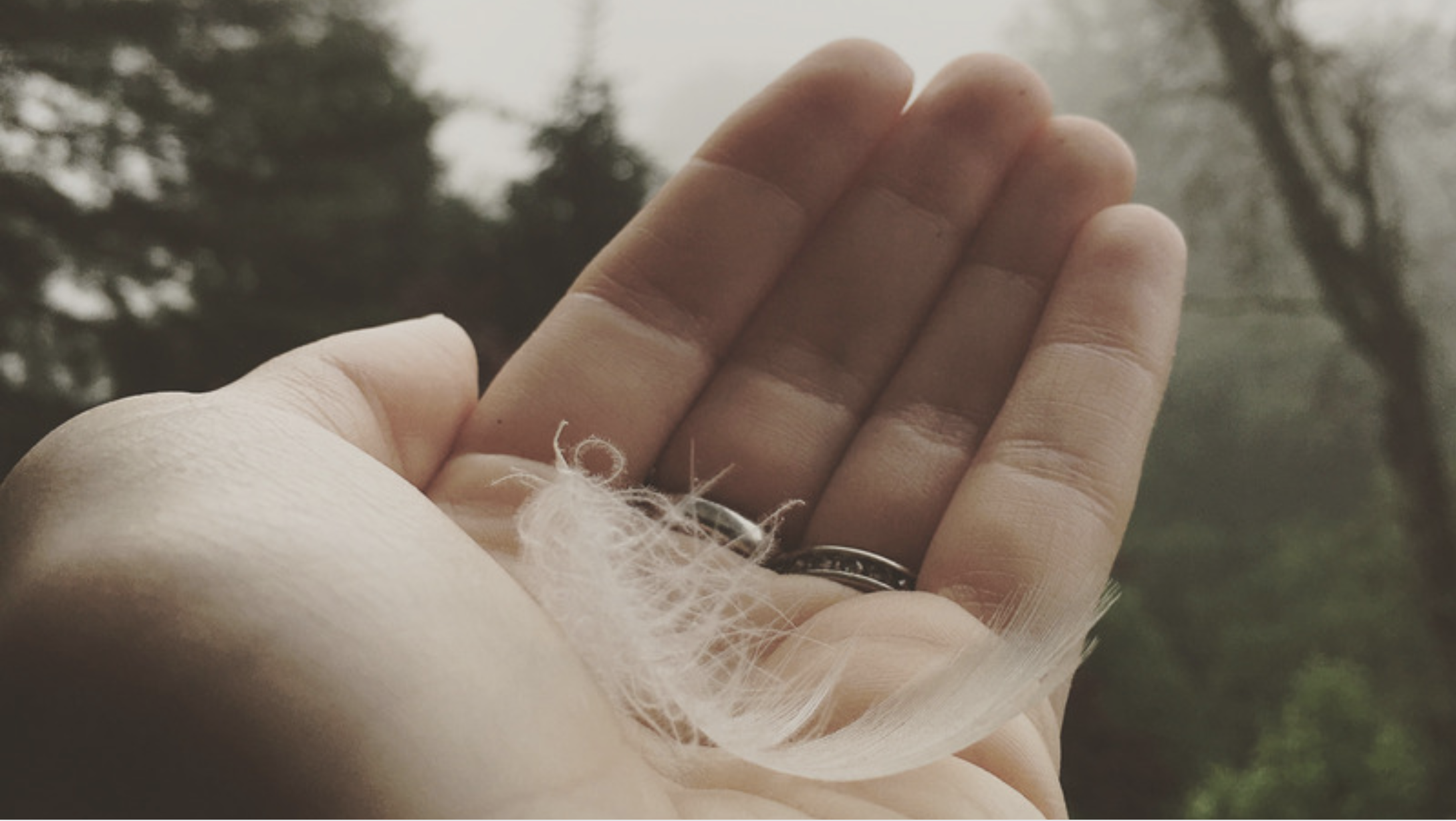
ADDITIONAL RESOURCES
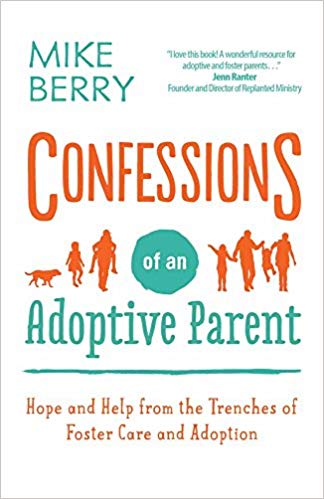
“Confessions of an Adoptive Parent: Hope and Help from the Trenches of Foster Care and Adoption” By Mike Berry
Adopting or fostering a child brings its own unique set of challenges only another parent facing the same uphill climb could possibly understand. From parenting children with traumatic pasts, to dealing with attachment issues, to raising a child with special needs, it can sometimes be a struggle just getting through the day.
Mike Berry knows the loneliness and isolation you can easily feel in your particular parenting role—because he’s been there. He’s still there, and he wants to give you the hope and encouragement you so desperately need.
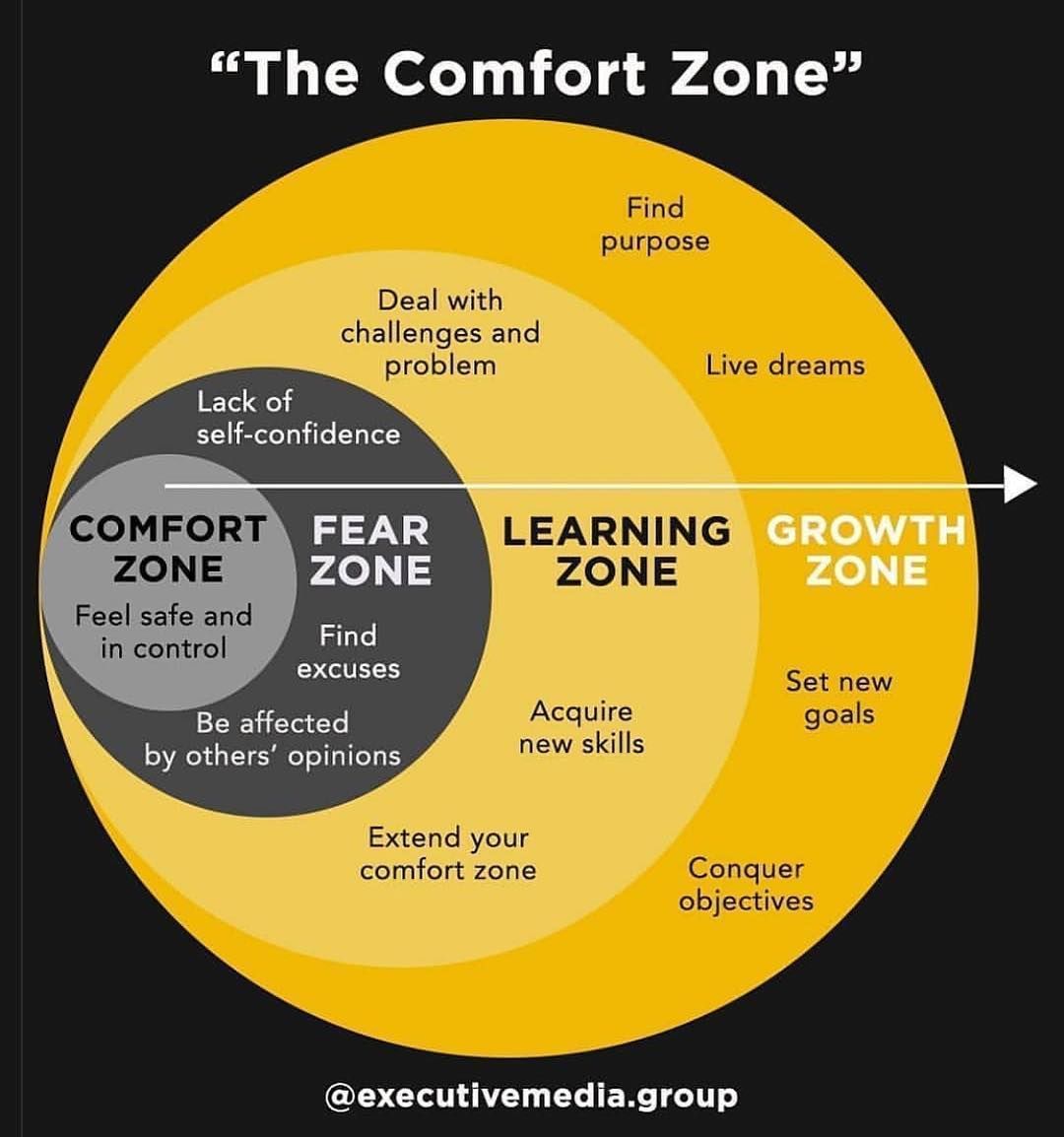
The Comfort Zone Diagram
The Comfort Zone Diagram is a visual representation of the benefits we reap when we as parents move out of our comfort zone into the growth zone. You can use this visual to reflect on yourself, your connections, and your family.
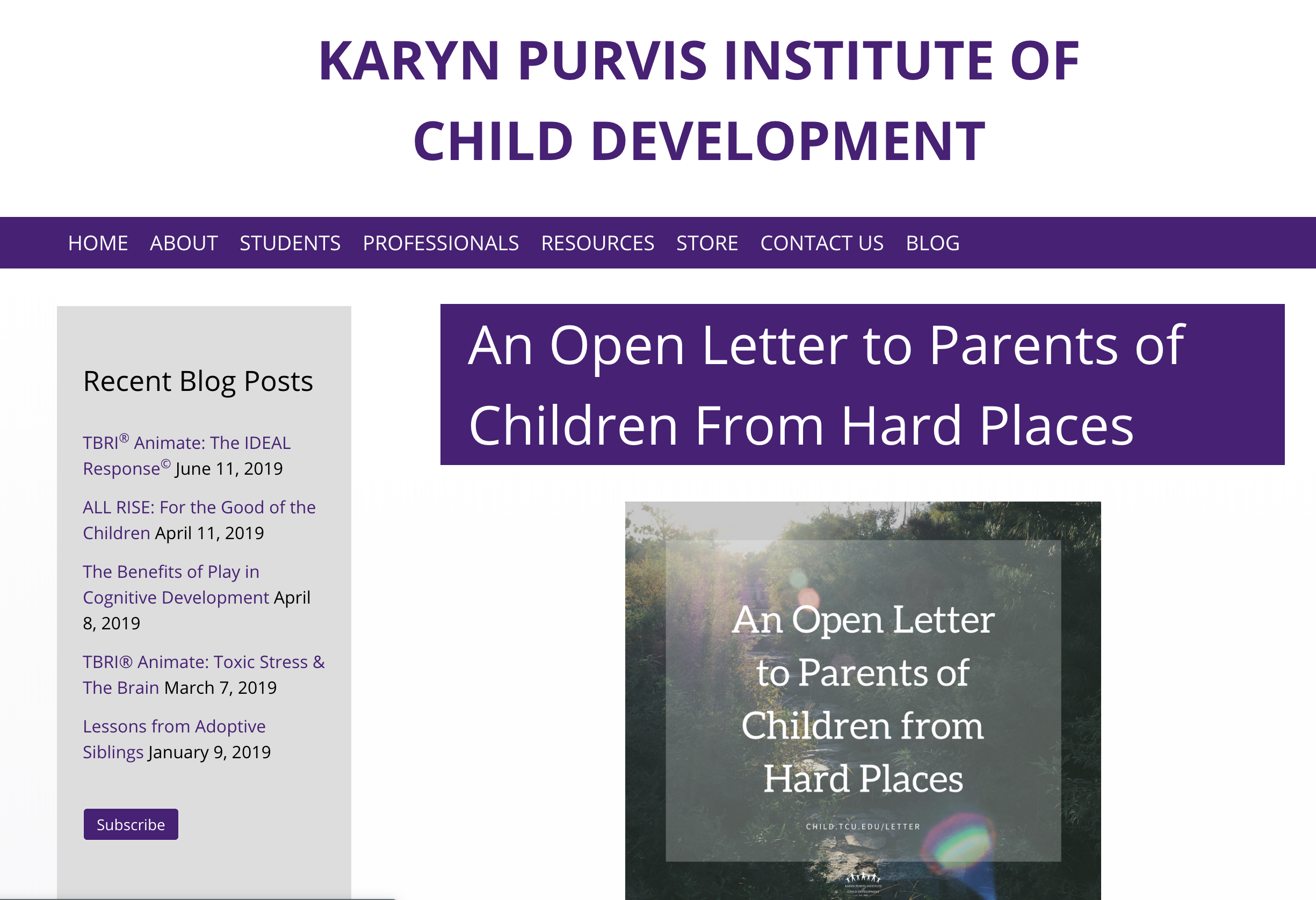
“An open letter to parents of children from hard places” by Amanda Purvis
Amanda Purvis, training specialist, shared this letter she wrote to fellow adoptive and foster parents, encouraging them as they do some of the very hardest work of caring for children from hard places.
Find the letter here: https://child.tcu.edu/letter/#sthash.fRvGFxjb.dpbs

